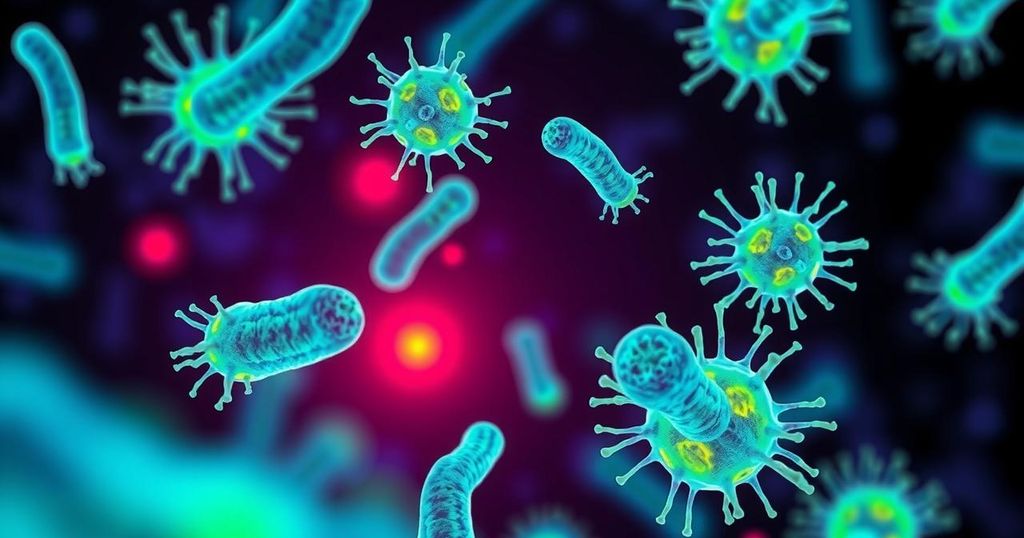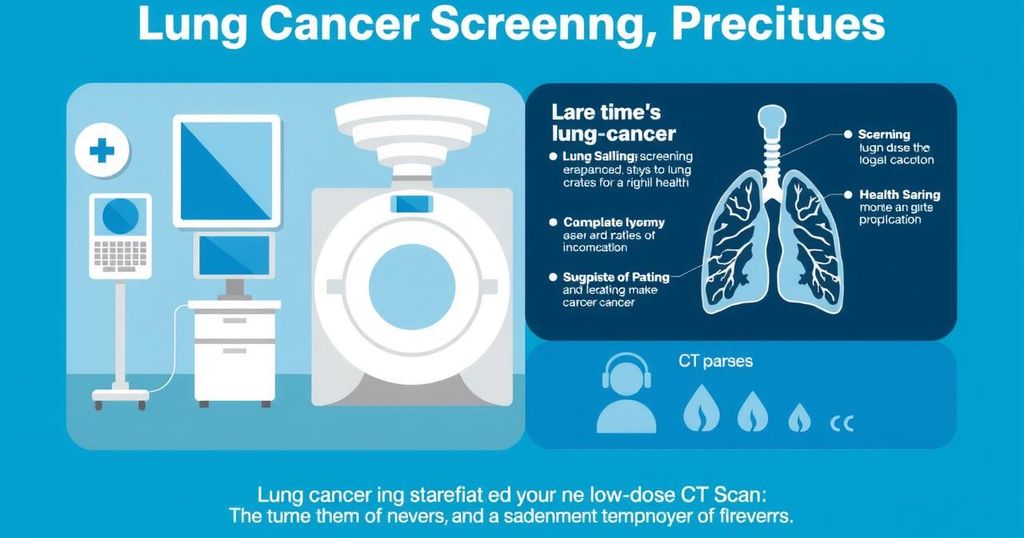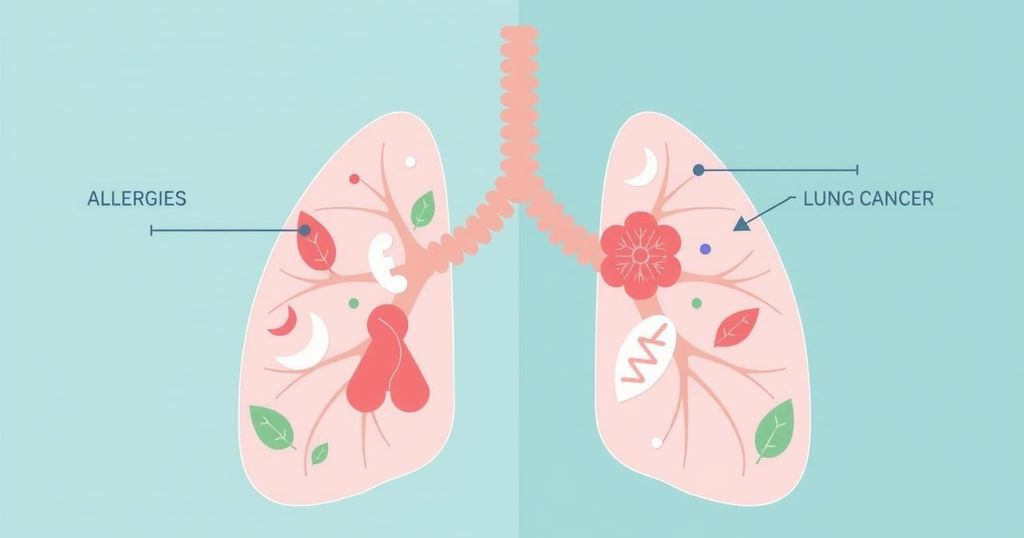Gangguan Sirkadian: Hubungan Tersembunyi Dengan Kanker?
- Circadian rhythms regulate crucial bodily functions and immune responses.
- Disruptions to internal clocks linked to increased cancer risk.
- Study highlights the role of chrono medicine in optimizing cancer treatment.
Circadian Disruption and Its Effects on Cancer Development
Disruption of circadian rhythms could be a crucial factor in cancer development. The circadian rhythms are essential for a variety of bodily functions including sleep, hormone secretion, and even immune responses. Alterations to this internal clock, often due to inadequate sleep, light exposure during nighttime, or irregular eating patterns, are increasingly linked with a rise in cancer cases.
Research Insights into Cancer Risk Factors
In a recent study led by doctoral candidate Bridget M. Fortin from the University of California, Irvine, it was investigated how the internal disruptions of circadian rhythms might contribute to colorectal cancer. The research revealed that sleep deprivation, unnecessary exposure to artificial light, and poor eating habits can play significant roles in the early stages of colorectal cancer. Furthermore, they explored whether chrono medicine could optimize methods like chemotherapy and immune therapies to align more effectively with the body’s internal clock.
The Connection Between Light Exposure and Cancer
Notably, over the decades, the rate of cancer has surged, particularly among younger individuals aged 15 to 39, with colorectal cancer showing alarming growth. This rise coincides with heightened artificial light exposure at night, which has implications on melatonin production and overall health. Moreover, a meta-analysis highlighted increased risks of breast cancer in premenopausal women linked to high artificial light exposure, while disruptions to the gut may reveal CRC as a key threat due to an inner biological clock misalignment.
In summary, the link between circadian disruption and cancer risk is becoming more pronounced. Strategies to preserve circadian rhythms could potentially enhance prevention and treatments against cancer. Future studies must confirm the effectiveness of therapies like chrono medicine, which seeks to optimize treatment timings according to our body’s internal clock.




Post Comment